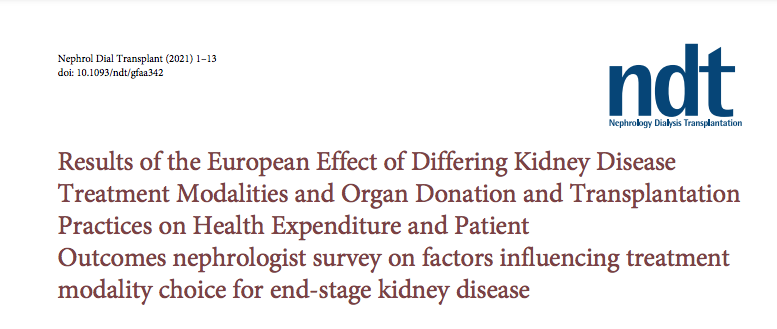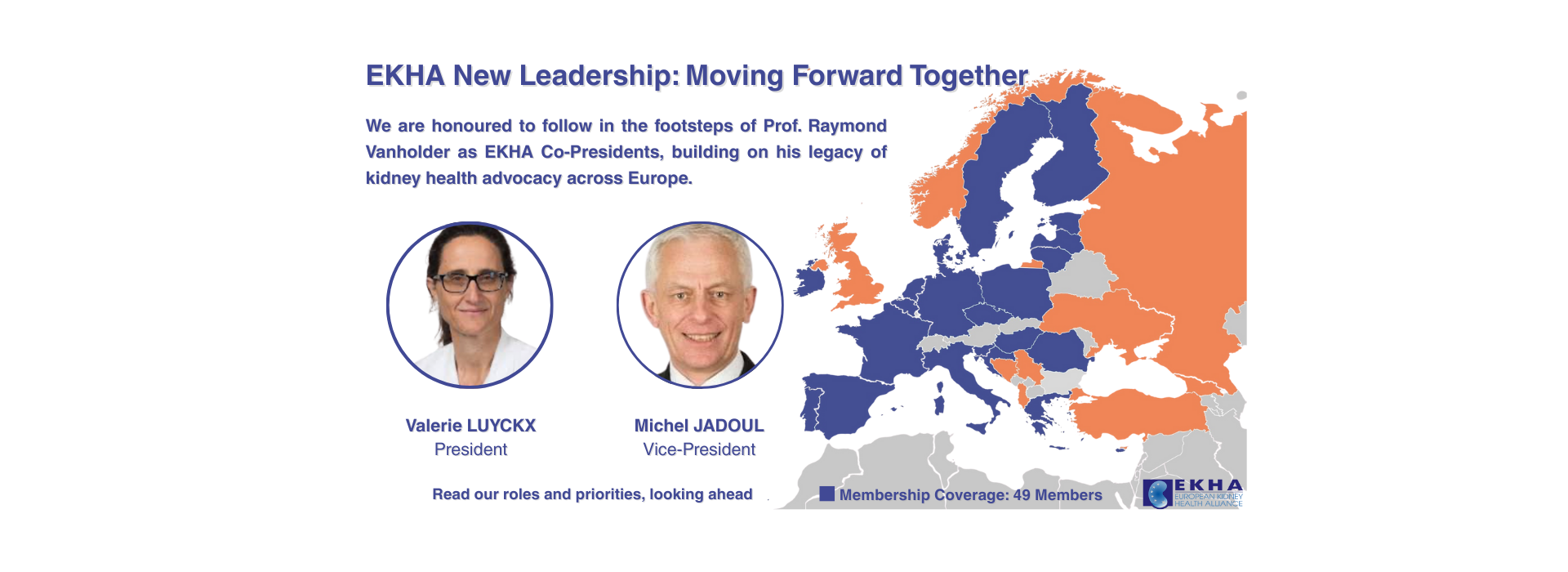Spain: the world leader on organ donation
For the 26th consecutive year, in 2017, Spain reached the great record of 46.9 donors per million population, with a total of 2,183 donors, increasing the number of donors by 30% in the last three years. 6 people have donated organs every day and 14 transplants have been performed daily. This has made it possible to perform 5,259 organ transplants, surpassing for the first time the figure of 5,000 transplants. As per the Health Ministry’s plans, Spain is working towards a goal called 50×22: 50 people per million to donate by 2022, and 5,500 transplants that year.
On 11 January 2018, the Minister of Health, Social Services and Equality, Dolors Montserrat, announced that “Spain remains the world leader in donation and transplants thanks to the generosity of donors and their families”. He further praised health professionals, the ONT (National Office for Transplantations), the National Health System and emphasized “the firm and determined commitment of this government to give life to those who need it the most “.
Spain is unarguably an example for the rest of the world in terms of organ donation. It’s all the more so impressive that the country maintained its gold standard despite austerity cuts due to the economic crisis.So what is it that makes Spain such a success story? A key element, often brought up by detractors of a “simple” Opt-out system is the creation in 1989 of the National Office for Transplantations (ONT), responsible for overseeing and coordinating organ donation and transplant policies. In addition to supporting professionals in their work, the ONT, through its regional coordination offices, fosters increased collaboration between hospitals’ intensive care units and the rest of hospital services, including especially emergencies – a measure that formed part of the ONT 2015 Strategy.
In addition, Spain considers donation after circulatory death e.g in which circulation, heartbeat and breathing have stopped (as opposed to brain death in which all functions of the brain have stopped). Donations in the case of cardiac arrests are said to play a significant role in the expansion of the number of transplants, with donors in cardiac arrest now representing 26% of the total number of donors. According to the Spanish Ministry of Health, 91 hospitals across the country, from 16 Autonomous Communities, are already accredited for this type of donation.
Furthermore, Spain considers organ donation from those over the age of 65 – with some donations taking place with donors age 80 – while some countries set a maximum age for organ donation.
Finally, the appropriate training of intensive care doctors when a person dies in conditions that allow organ donation is a priority in the country.
All these elements make it so that organ donation is routinely considered when a patient dies, irrespective of the circumstances of death. That contributes to establishing a “culture of donation” in the country as illustrated by the 2017 figures with family refusals being at 12.9%, their historical minimum, and down to 6.5% in the case of donors in cardiac arrest.
Sources: Politico










